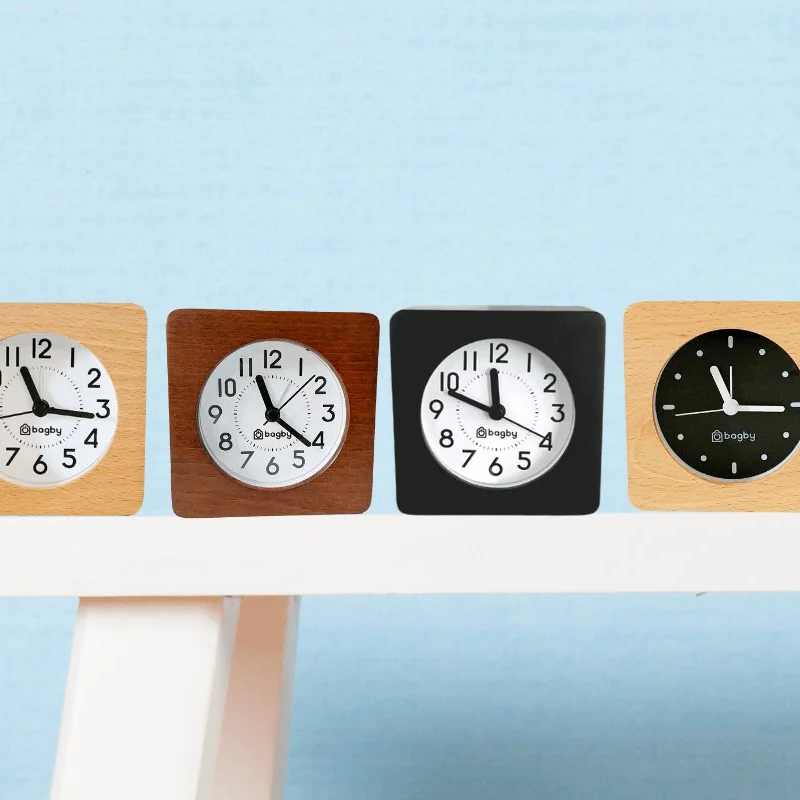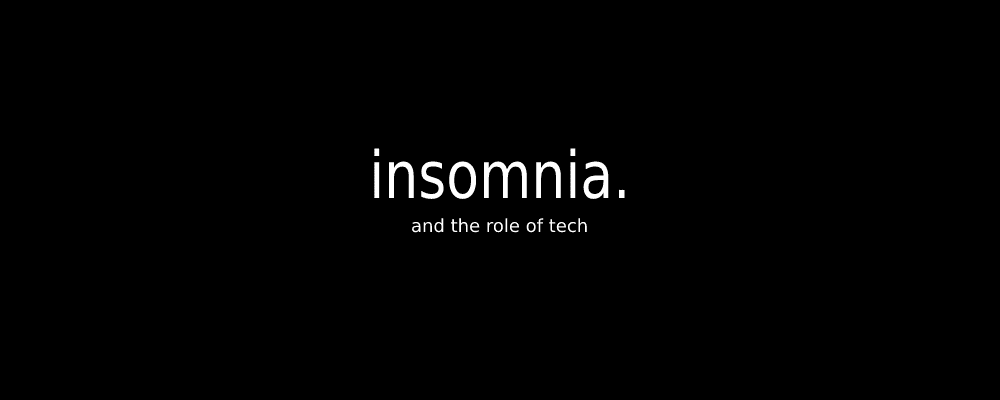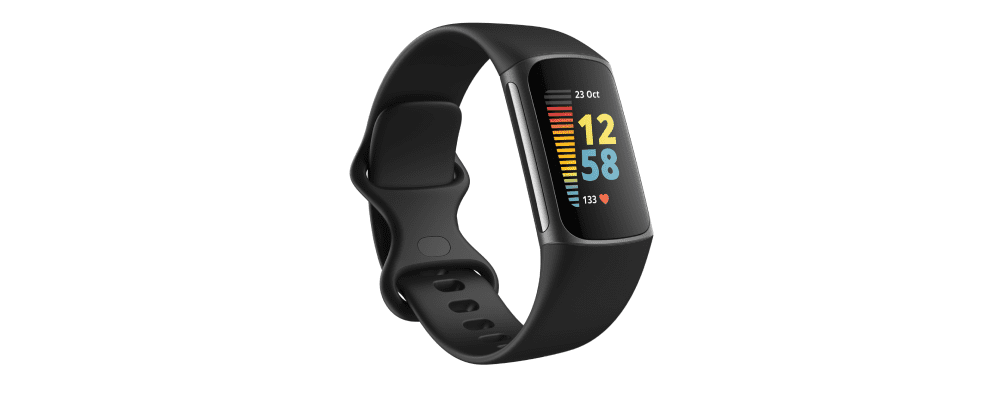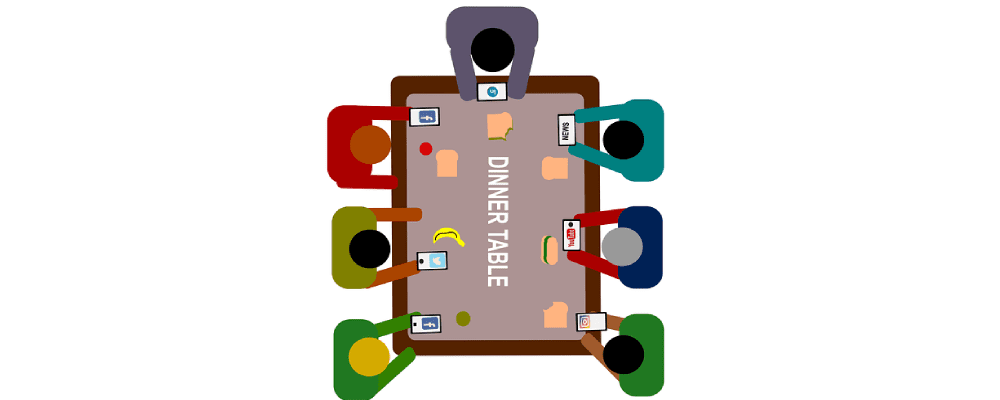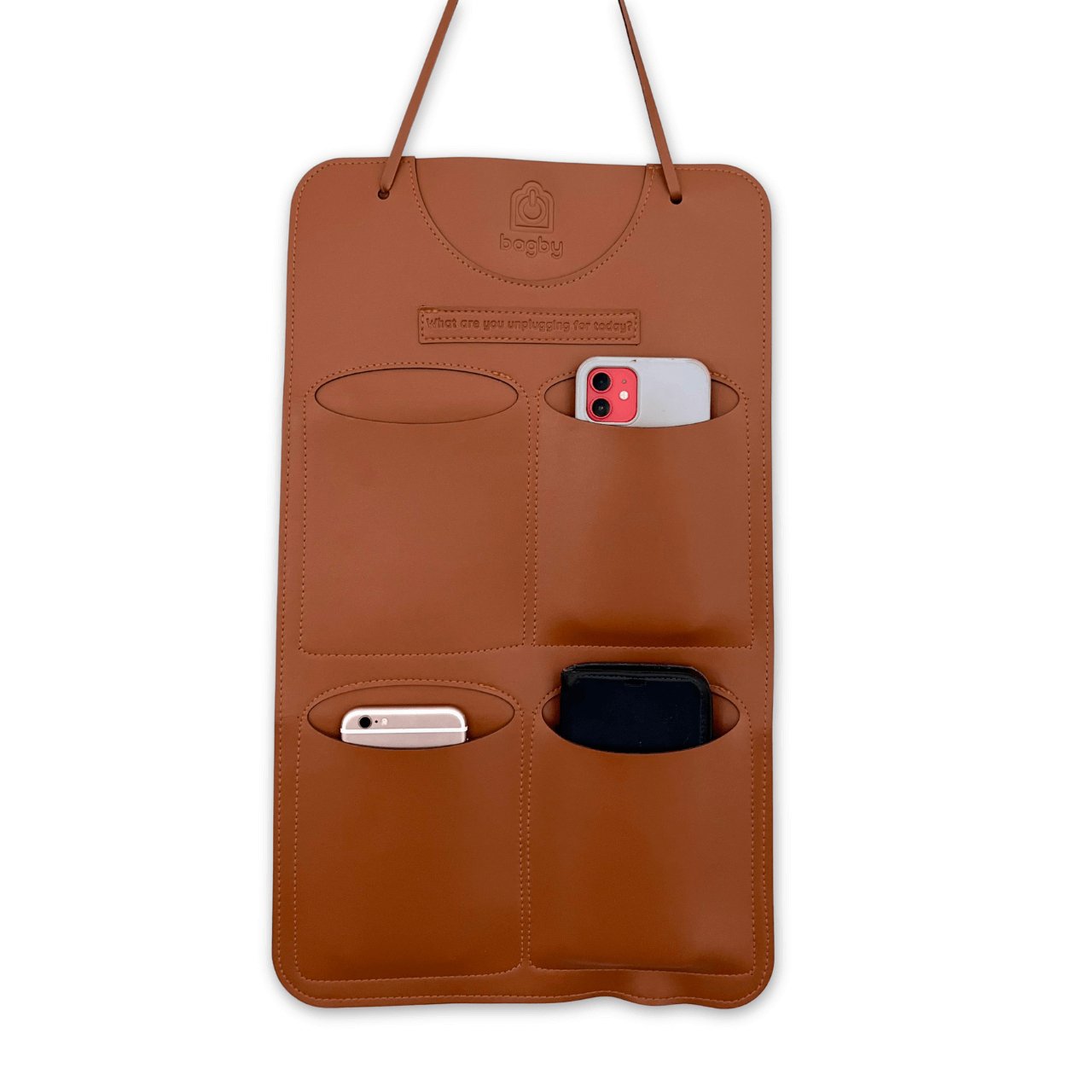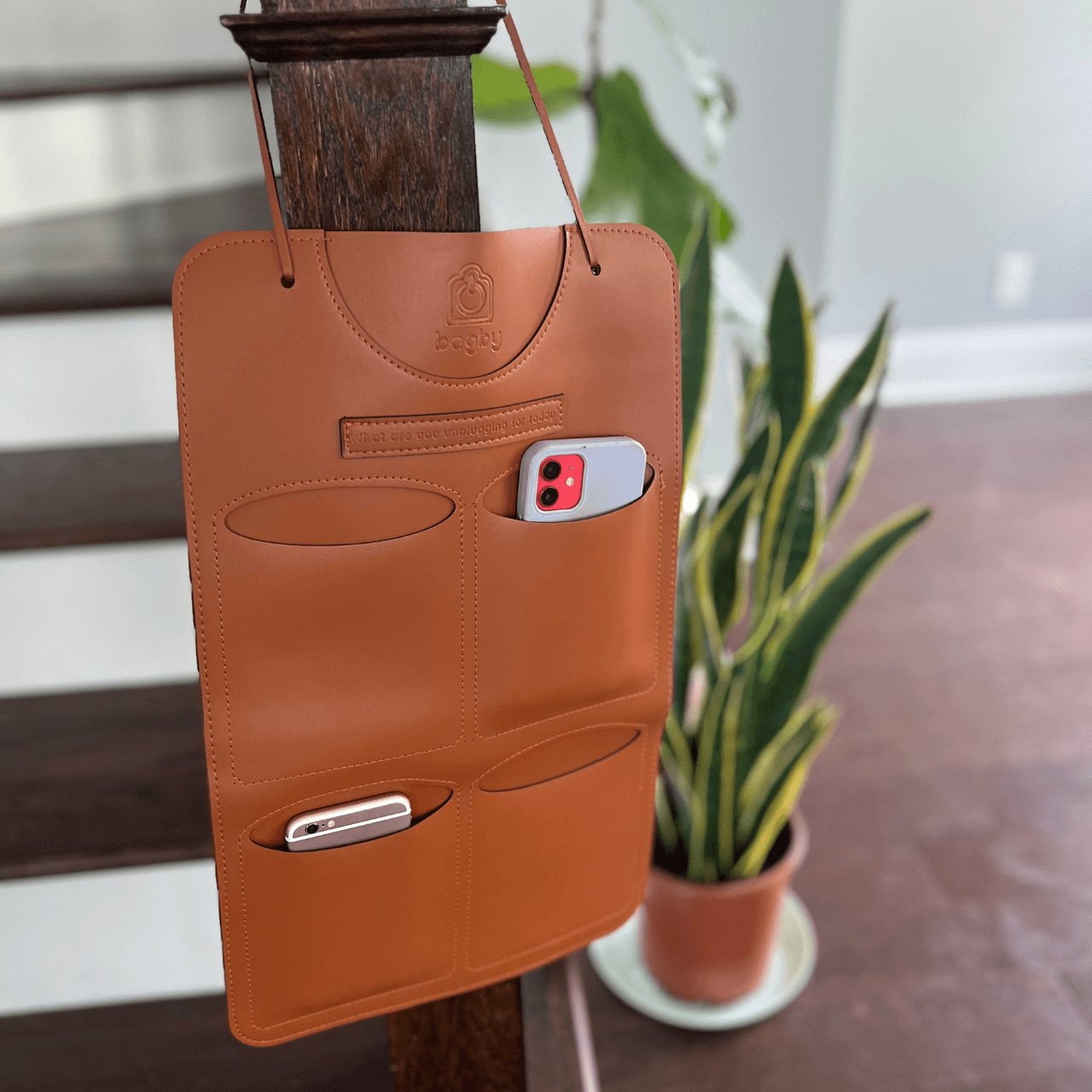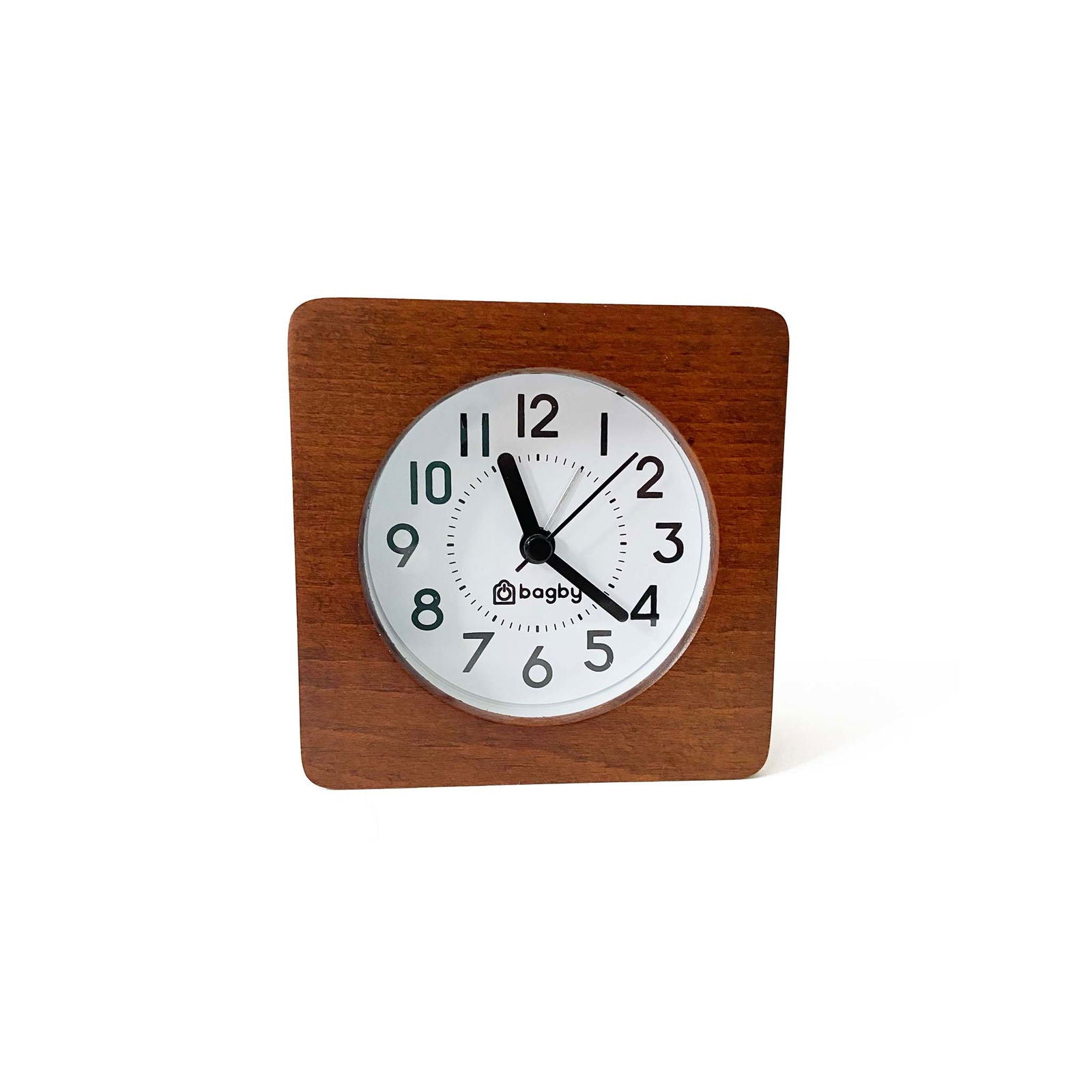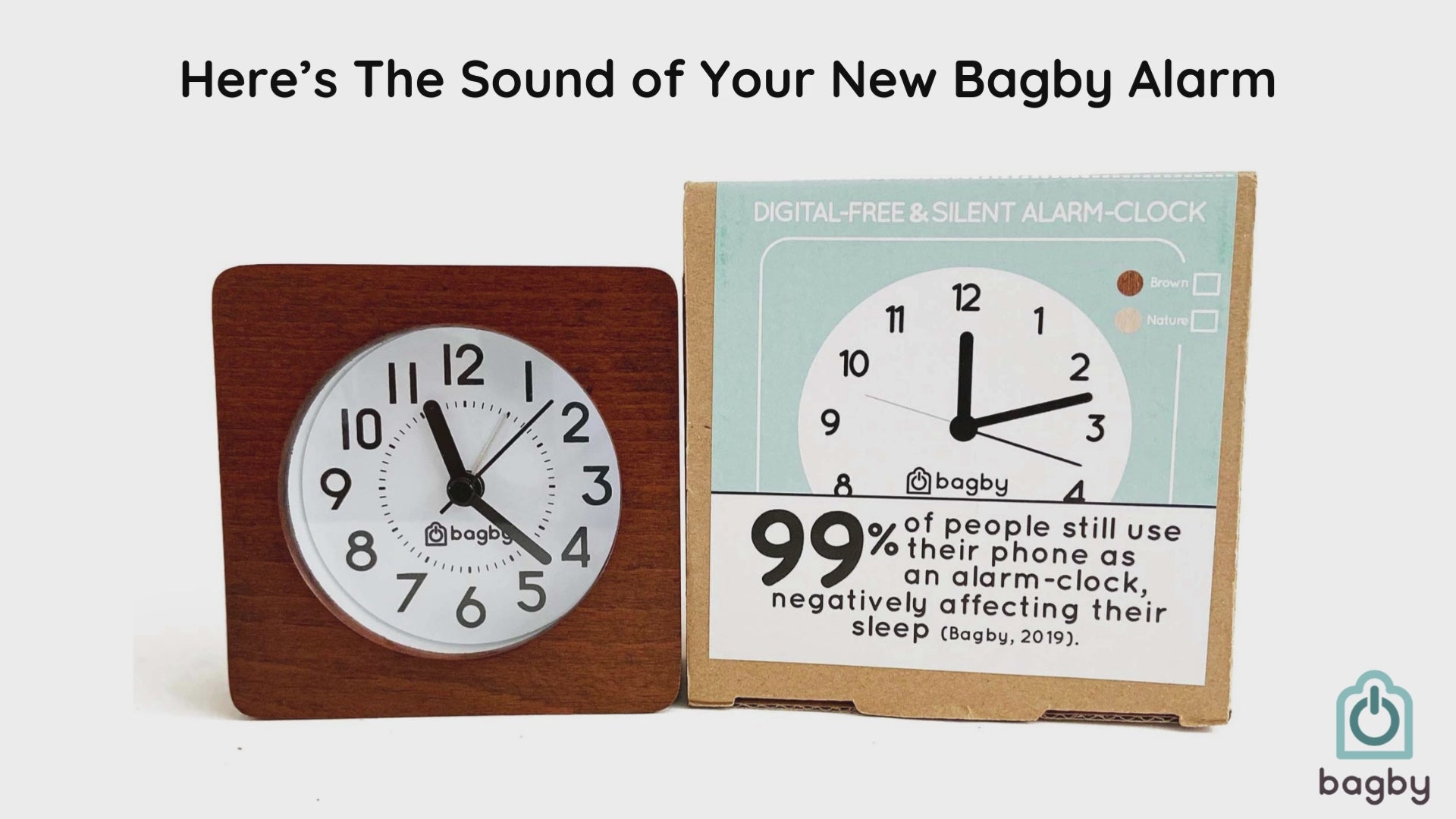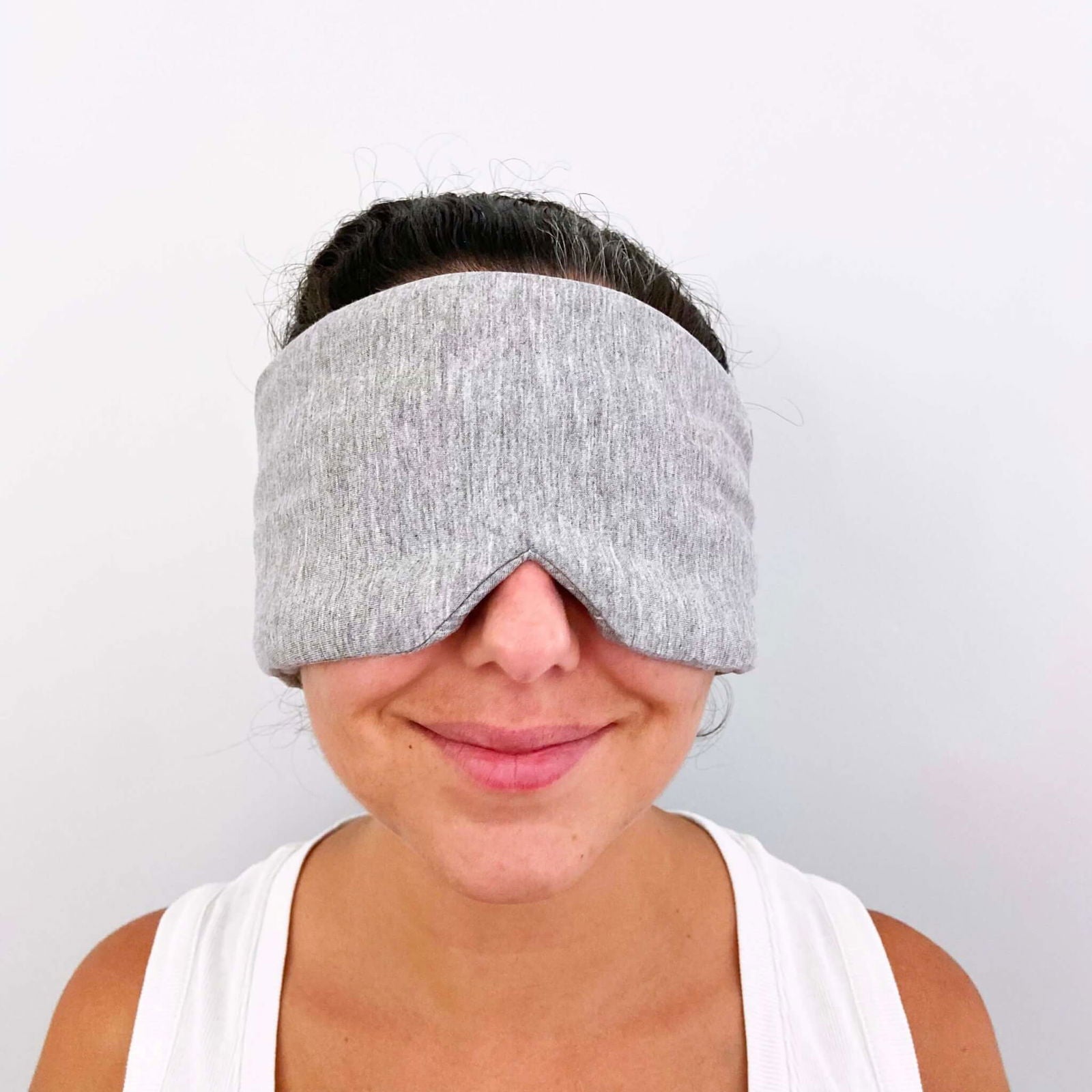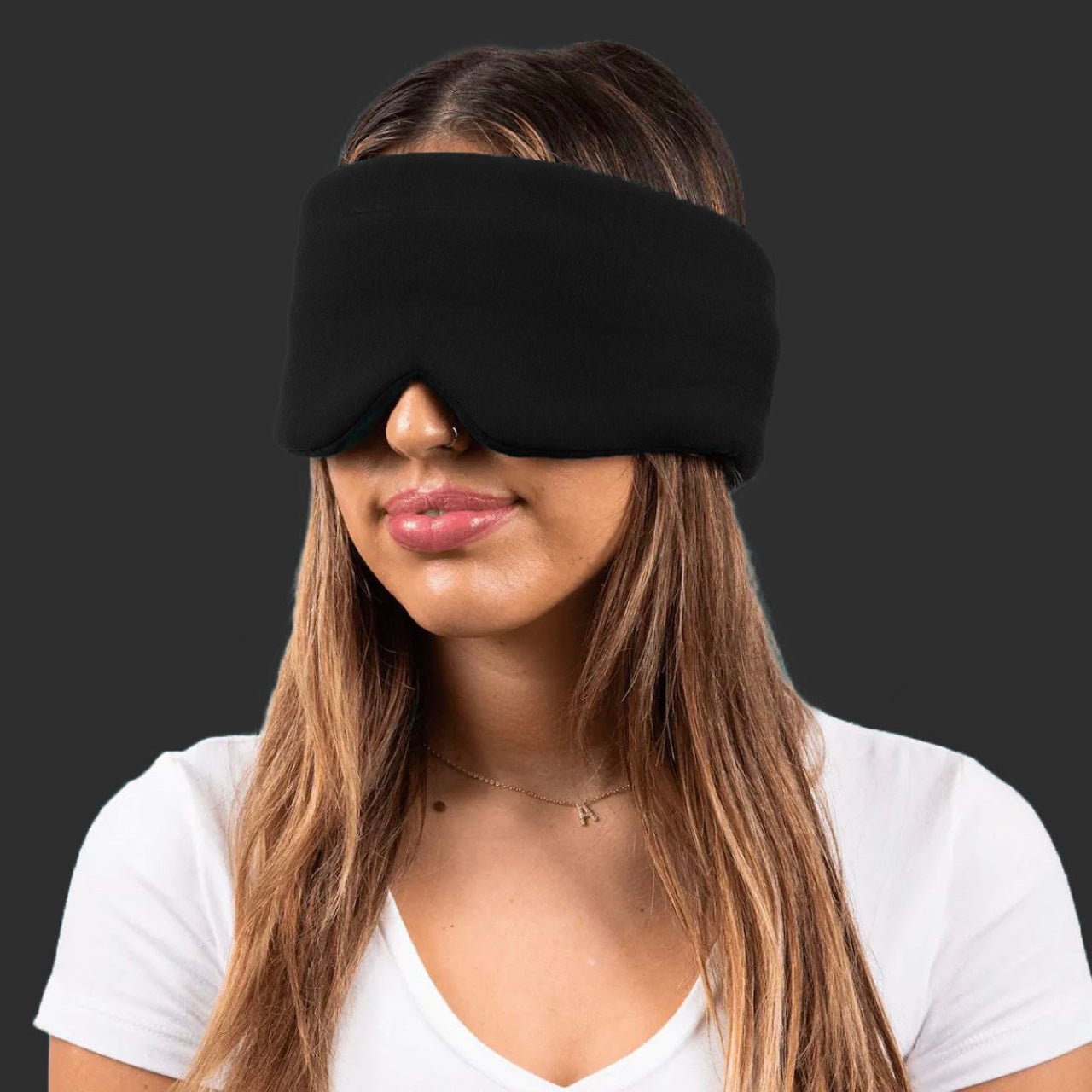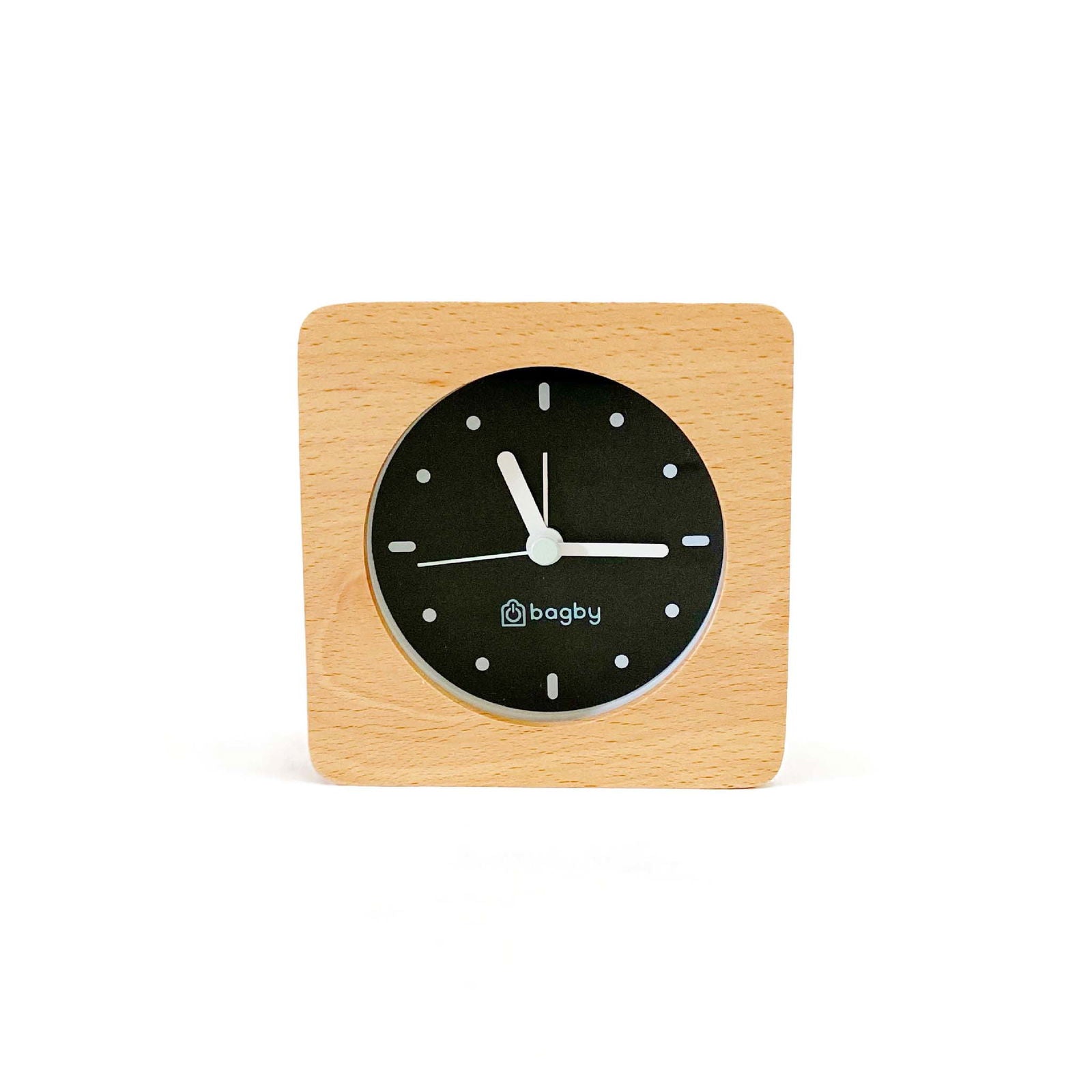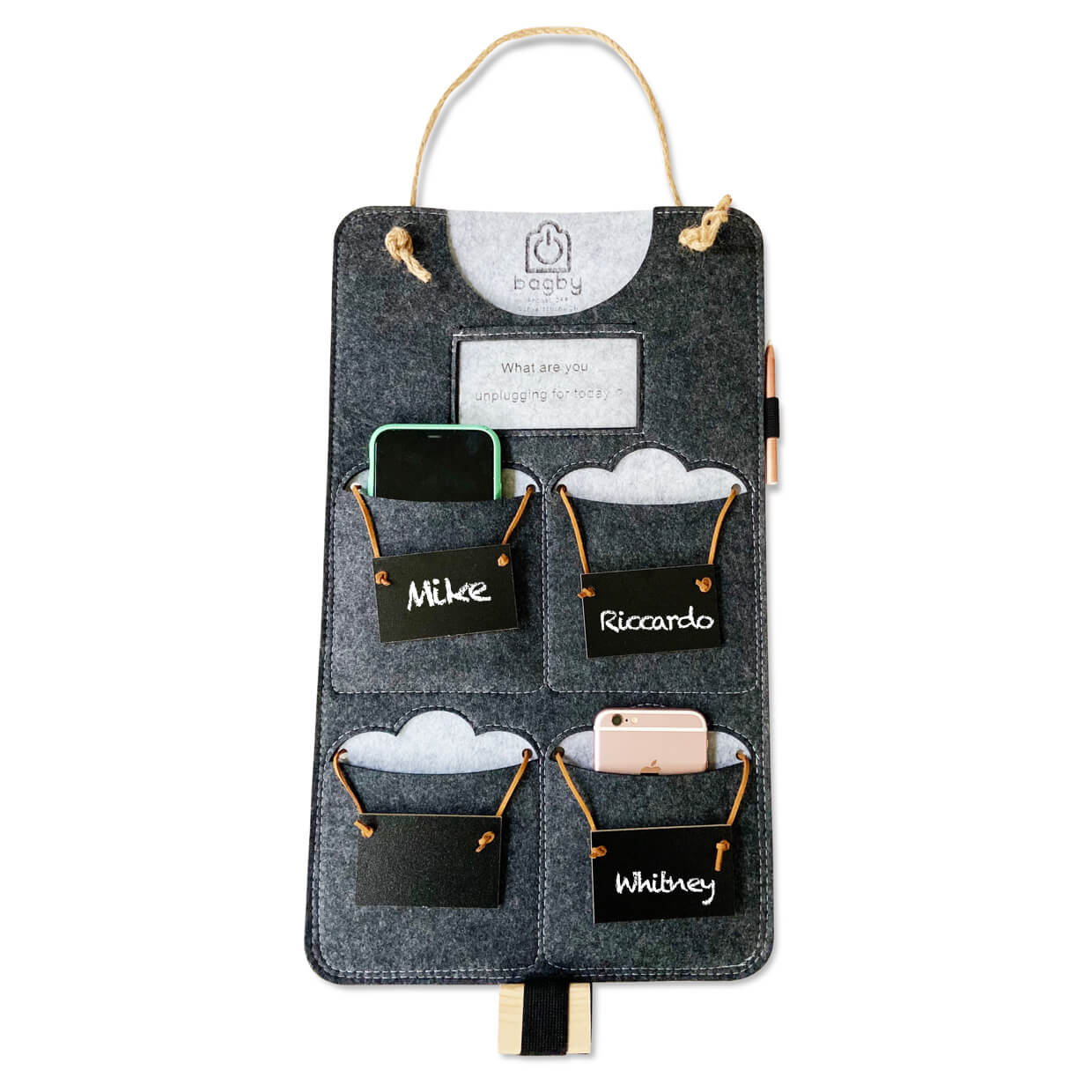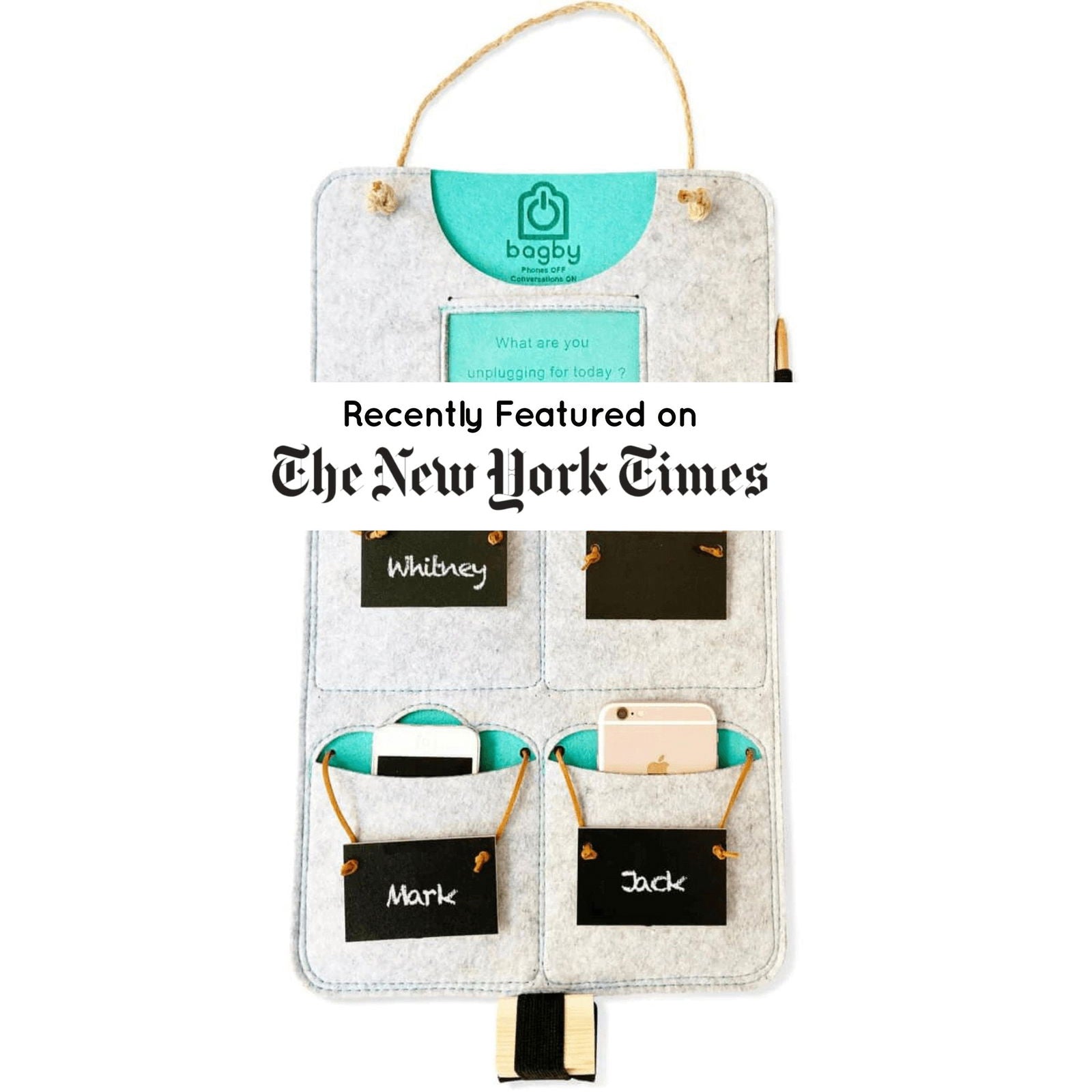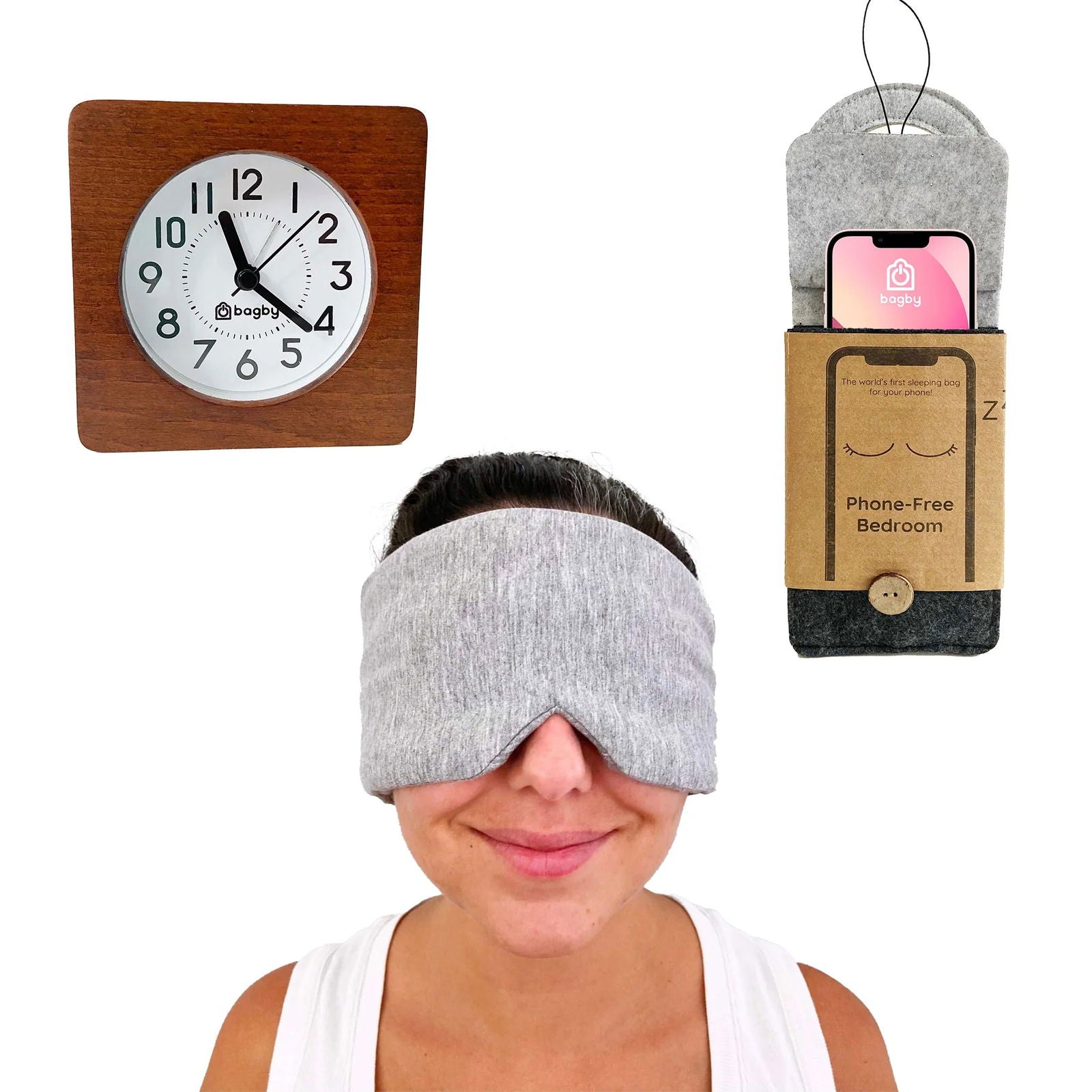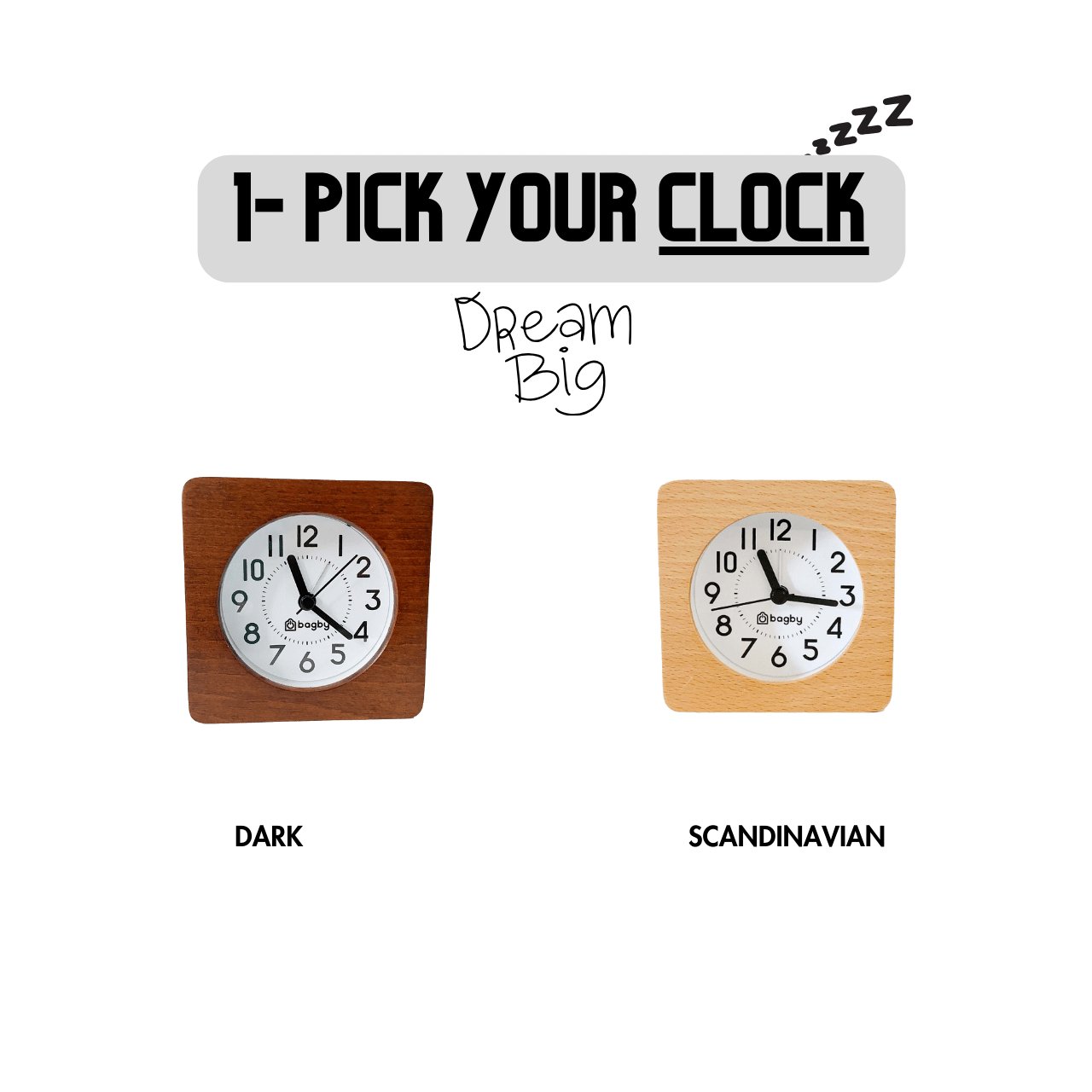Technology overuse plays a massive role in amplifying insomnia numbers among the general population, say research studies.
Insomnia is one of the most common disorders that today affect around 30% of the world population. And experts say that modern technology like cell phones and laptops has a significant role in fueling its growth.
In this post, we’ll take a deeper look at insomnia, its sources, and what technology is doing to spike the numbers. Also, by the end, this post will equip you with things you can do to protect yourself from technology-induced insomnia. So, let’s begin.
What is Insomnia?
Before moving forward and understanding how technology causes you to develop this problem, let’s first take a moment to understand what insomnia is, its types, and its general causes.
Insomnia is a type of sleep disorder that causes you to have trouble falling and sometimes staying asleep.
This condition can be highly detrimental to your health, as sometimes it can last for a long time, causing you to develop several other health problems on the way.
Thankfully, not all insomnia patients suffer from the chronic version of this condition, but even the minor ones can be really damaging.
Types of Insomnia
Insomnia comes in many forms: sleep-onset insomnia, sleep-maintenance insomnia, mixed insomnia, idiopathic insomnia, and paradoxical insomnia. However, we can categorize them in just two sections—Primary Insomnia and Secondary Insomnia.

Primary insomnia means that the reason you aren’t able to sleep isn’t linked to any underlying condition. And on the other hand, an individual develops secondary insomnia because of problems like depression, anxiety, panic disorders, arthritis, cancer, chronic pain, medications, and substance use.
Technology-induced insomnia falls under the primary section of this condition, which means it’s manageable. You just need to make a few changes in your life.
But, how exactly does technology use result in a serious problem like insomnia?
The Role of Tech in our Lives
In the last few decades, technology has infiltrated almost every aspect of our lives. It’s changed the way we work, learn, connect, shop, and even how we entertain ourselves.
The convenience we get today is simply astounding.
But, as good as it is, technology has a bad side too. And, it’s causing some serious problems. Have a look.
Digital Overstimulation
The human brain has gone through millennia of evolution. But never before did it have to process the amount of information it’s processing today.
Every waking second, we’re bombarded with information. Be it from our cell phones, laptops, tablets, televisions which causes an increase in the level of background activity in our brain.
Research shows that when your brain processes a ton of “possibly unneeded” information, it can create problems like ADHD, low EQ, impaired brain development, and sleep disorders like insomnia.
Anxiety
Smartphones have certainly given us control of our own world and consumption like never before.
For instance, you can use maps to go anywhere, read reviews before buying something, and choose to watch your favorite media content anytime you like.
But looking at the bigger picture, because technology has provided us so much convenience, we’re losing our abilities to live in an uncertain world. And simultaneously, the world is becoming significantly more uncertain for the big things, like building a career and finding romantic relationships.
In this new gig economy, secure employment is becoming a thing of the past quickly. And when you have access to millions of potential partners through online dating services, it always keeps you uncertain about whether you’ve found the perfect match.
And as the saying goes, “Uncertainty is the root of anxiety.”
Therefore, when a large chunk of the population is forced to juggle in an uncertain world without much experience, it’s no wonder that anxiety numbers are hitting the roof.
And research studies say that this increased anxiety also might be one of the causes why people are experiencing chronic insomnia.
Stress
Stress is a normal reaction that many people experience on a daily basis. It happens when we get out of our comfort zone and place ourselves in a new, unfamiliar environment.
In fact, stress is mandatory for us to survive. It tells our bodies how to react to a specific situation and adjust to our new environment.
The problem arises when your stress response isn’t natural.
See, in this modern world, we’re connected to each other using technology. And social media plays a huge role in our lives.
Researchers say that the social media we’re using as a major part of our life is also one of the primary causes why people develop chronic stress. How?
The Pew Research Center describes it as follows:
“Stress might come from maintaining a large network of Facebook friends, feeling jealous of their well-documented and well-appointed lives, the demands of replying to text messages, the addictive allure of photos of fantastic crafts on Pinterest, having to keep up with status updates on Twitter, and the “fear of missing out” on activities in the lives of friends and family.”
Oftentimes, stress leads to insomnia and other sleep-related problems. This is because, when you’re stressed, your brain constantly tries to figure out a solution for your problem (existent or non-existent). And that’s not exactly good, because getting a night of quality sleep means you need your brain at rest. And when it’s not able to rest properly, problems like this emerge.
FOMO
Besides stress and anxiety, FOMO (Fear of Missing Out) is also a huge contributor to insomnia development.
FOMO is a type of anxiety that initiates from a feeling of being excluded. And social media are literally the birthplace of this problem.
See, what happens is, when you see influencers, your friends, and celebrities living extraordinary lives, you can’t do anything but think that you’re missing out on a huge part of life. And what your brain doesn’t get to realize is that the visuals you’re seeing might be highly exaggerated or even fabricated representations of their actual lives in some cases.

You don’t actually know what’s going on in the background. But what we do is we simply tune out the possibility of the visuals being staged and start to feel bad about our own lives.
With time, FOMO can take a turn so intense that people drop everything just to be part of the fleeting moment. This causes you to ignore massive portions of your life, including your sleep, resulting in many problems.
I’ve written a separate post covering FOMO, its causes, effects, and prevention in-depth. So, give it a read.
Blue Light
While digital overstimulation, anxiety, stress, and FOMO take the mental route of causing insomnia, blue light’s effects, on the other hand, are physical.
Modern devices with digital screens, LED bulbs, and fluorescent lighting emits blue light. And it’s said to have adverse effects on your sleep.
Think about this. You’re extremely energetic in the morning, but as the sun goes down, so does your energy levels. That happens because of your circadian rhythm. See, our mind and body are designed to enter rest-mode after sundown. It’s designed to make our bodies feel tired after going through the day, so the healing mechanisms can work on our bodies when we’re at rest.
And the blue light from the sun is what your circadian rhythm uses as a reference point to trigger the rest mode.
This has been going on for millennia. And then, we make devices that can emit the same kind of blue light the sun does. Now, as we don’t stop using our gadgets after sundown, it confuses the circadian rhythm.
Because of that, your body can’t produce enough melatonin, resulting in problems like poor-quality sleep, inability to fall asleep, and waking up in the middle of the night.
I’ve written a separate post on this topic where I’ve covered blue light, its sources, effects, and prevention in-depth. So, give it a read.
EMF Exposure
All wireless devices, electronic appliances, and electrical wiring emit electromagnetic radiation (or EMF for short). And their emissions fill our environment and our surroundings today.
Research studies demonstrate a wide range of adverse health effects from exposure to these EMF emissions, including sleep disorders like insomnia.
As you may already know, our brain uses electrical signals to control our bodily functions. And since EMF is also a product of electricity, it tends to interfere with your brain’s electrical process.
So, what happens is, the body can confuse electrical signals from outside sources with the signals from your brain. And this can result in your body performing tasks without the brain’s command. This causes conscious activity in your brain when it should rest, focusing on background tasks like healing and detoxification.
Iranian researchers demonstrated this in a 2012 study with 177 workers, out of which 67 had occupational EMF exposure.
They noted in their results that magnetic field exposure can disturb sleep, “decreasing total sleep time, decreasing sleep efficiency, increasing time in the second stage of sleep, reducing rapid eye movement (REM), and lengthening the delay to rapid eye movement (R.E.M.) sleep.”
How to Prevent Tech-Induced Insomnia?
Here are some tips that can help you if you’re suffering from insomnia despite not having any underlying conditions.
Get Rid of Your Phone 2 Hours Before Bed
Activities like binging media content and checking social media until your eyes can’t take it anymore certainly sound like an excellent technique to fall asleep. But, there’s a huge difference between falling asleep and getting quality sleep. And it turns out, using your phone or any other screen-based gadget before your bedtime lowers your sleep quality. Why?
There are actually three factors in play that prevent you from getting quality REM sleep.
- The first one is obviously the blue light from your digital screen, which heavily messes with your circadian rhythm.
- The second factor is the digital overstimulation that keeps your brain active when it’s not supposed to be.
- And finally, there’s the EMF exposure which interferes with your brain’s signal to shut down your conscious thoughts.
Experts say that getting rid of your electronic gadgets at least two hours before you hit the hay helps your body adjust to the natural environment. And this, in turn, results in you getting quality sleep every night.
Optimize Your Sleep Environment
Besides your electronic gadgets, the environment in your bedroom also plays a significant role in keeping you awake. This is why Building Biologist and EMF Expert Cathy Cooke recommends creating a sleep sanctuary in your bedroom.
While creating a sleep sanctuary, you need to keep three things in mind.
- Your bed should be comfortable
- The temperature in your room should be between 60°F – 68°F (16°C – 20°C)
- And finally, your room should be aesthetically pleasing.
I’ve written a separate in-depth post where you can get all the information you need to optimize your bedroom for a good night’s sleep. So, do give it a read.
Invest in a Good Night Light
When your room is dark, it sends a crucial message to your brain that it’s now time to start feeling sleepy. On the other hand, bright lights tell your body to stay awake and not feel tired enough to fall asleep.
This is why I recommend dimming all the lights in your home in the evening. If you can’t, at least make sure that your bedroom is dark. Better yet, invest in a good red light, as research studies have shown that red light is the closest thing to simulate evening time, which can activate your circadian rhythm, and your body can start producing melatonin (sleep hormone.)
Get Rid of Sleep Tracking Apps
Sleep tracking apps and gadgets don’t actually help you sleep better, says a study from Rush University.
The researchers even mentioned that using a sleep tracker, be it an app or a gadget, can worsen your insomnia by providing inaccurate data and making you obsessed with achieving a perfect slumber. This condition even has an official term "orthosomnia."
“If you look at your data, it can modify the perception of your sleep,” says Raphael Vallat from the University of California. “You may think: ‘Oh, gosh, I didn’t sleep well. Should I be tired? Am I in a bad mood?’”
Your sleep quality should be natural and not something you should aim to achieve in numbers. So, get rid of your sleep tracking apps and gadgets today.
Final Thoughts
Before closing this post, I’d like to say that if you’re suffering from chronic insomnia at the moment, I urge you to seek professional help immediately. And, let the above tips be additions to your treatment for enhanced results.
Also, since we’re on the topic of technology’s impact on health, I think you’d also love exploring “The Healthier Tech Podcast,” as this whole show is based on the idea of making technology safer, healthier for you. We’re available on all major platforms, and I welcome you to tune in today for absolutely no cost.


